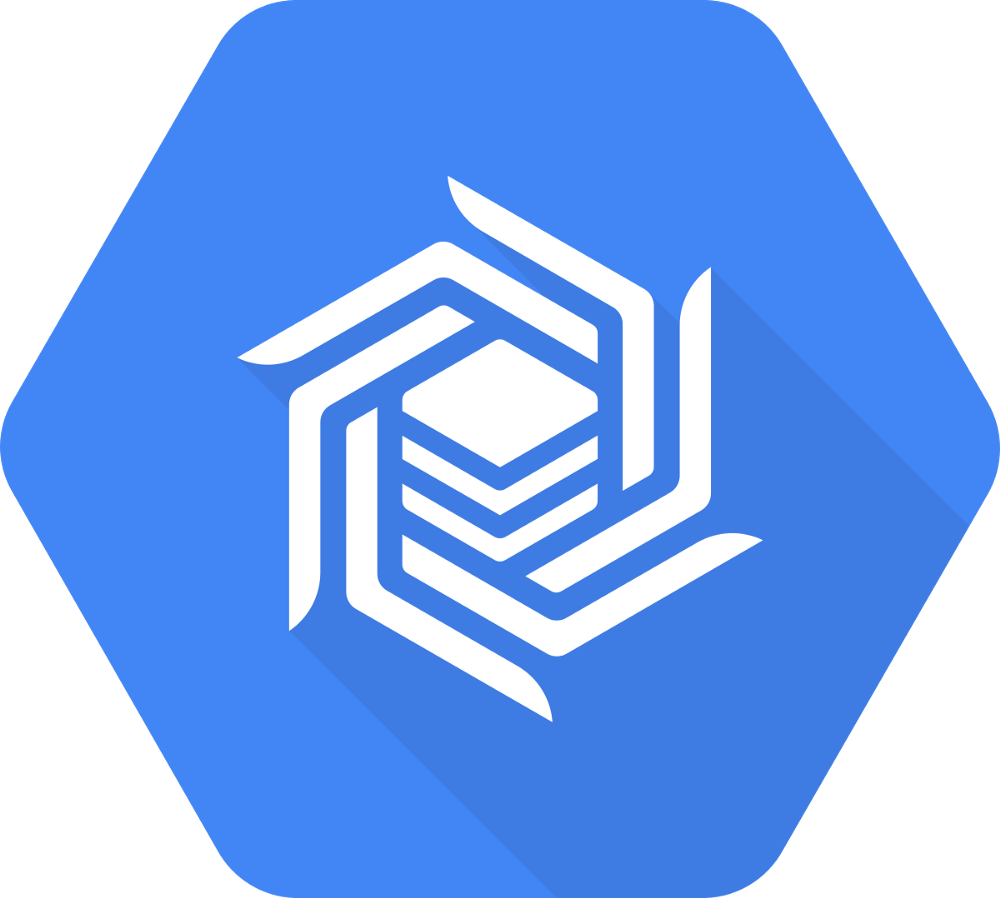DataAllies Cloud DevOps Services
We proudly specialize in Google Cloud Platform (GCP) providing Google Cloud DevOps Engineering Resources.
DataAllies Cloud DevOps Services
We proudly specialize in Google Cloud Platform (GCP) providing Google Cloud DevOps Engineering Resources.
We Provide Google Cloud Platform DevOps and DevOps Engineers and Consultants for you
Our Cloud DevOps Team excels at using the Google Cloud Platform to construct and deploy software delivery pipelines for data inquest to Big Query – think ‘Big Data’ analytics platform in the Cloud.
Google Cloud Platform Provides various environments such as IaaS, PaaS, and Serverless computing. Google GCP supports multiple tools that make the implementation of DevOps processes more efficient.
Google Cloud Platform capabilities for our Google DevOps engineers enable them to make data applications faster and more reliable – particularly applicable for Open-Source employment.
The need for GCP Cloud DevOps is larger than ever before.
The need for GCP Cloud DevOps is larger than ever before.
Jason Martin, VP, Professional Services at Google Cloud, outlined:
“Google Cloud has seen tremendous growth as enterprises are accelerating cloud adoption to implement business-critical IT projects. As more enterprises increasingly turn to the cloud, the need for skill development is larger than ever before””
We believe it is nominally prudent to stay within the Google ecosystem and have everything in one account. However, with the rise of enterprise multi-cloud approach, our engineers are readily available to support and advance this open architecture. Using a multi-cloud architecture, we can engineer numerous cloud services while maintaining high-security levels within an established high-quality Cloud DevOps environment.
It is our professional experience that GCP pulls ahead in analytics and machine learning. We use Google's BigQuery and Dataflow’s powerful analytics and processing capabilities for our clients who operate vast amounts of data. In addition, we use Google's Kubernetes container technology to ensure effective container cluster management and simplify container deployment.
What are some of the GCP DevOps services we offer engineering expertise in?
What are some of the GCP DevOps services we offer engineering expertise in?
BigQuery
It is a cloud-based big data analytics web service, a scalable data warehouse for analytics. BigQuery is used for processing extensive read-only data sets.
It can easily predict business outcomes with built-in machine learning, without the necessity to move data. BigQuery can also generate reports, securely and in just a couple of mouse clicks, right out of the box.
BigTable
BigTable is a scalable NoSQL database. Its key features include high throughput with low latency, no-downtime cluster resizing, and flexible automatic replication to optimize the workload.
Google Cloud Datastore
It is a document-oriented cloud database. Datastore handles sharding and replication automatically, giving you a highly available and reliable database that scales automatically to manage your application load. Datastore provides such capabilities as ACID transactions, queries like SQL, indexes, and more.
Kubernetes Engine
Kubernetes is used to organize workloads within your cluster better. It is a system for automatic deploying, scaling, and managing applications through a Kubernetes container. Its horizontal pod autoscaling is based on CPU utilization or custom metrics. Cluster autoscaling works on a per-node-pool basis, and vertical pod autoscaling continuously analyzes the CPU and pods' memory usage. Kubernetes dynamically adjusts their CPU and memory requests in response.
How to Hire a GCP DevOps Engineer?
Companies looking to implement Cloud DevOps will likely find the process much more comfortable if they address our experts right away.
How to Hire a GCP DevOps Engineer?
Companies looking to implement Cloud DevOps will likely find the process much more comfortable if they address our experts right away.




